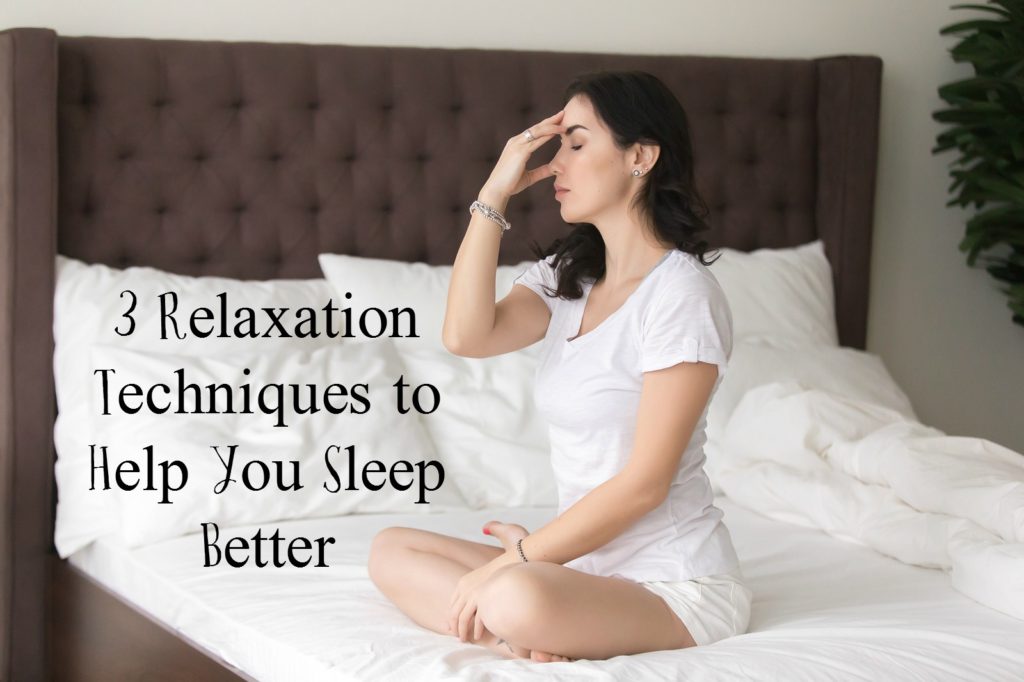Introduction to Relaxation for Sleep
Ever find yourself staring at the ceiling, wishing for sleep to come? You’re not the only one. In today’s fast-paced world, quality sleep often takes a backseat, but it’s crucial for our well-being. This article dives into various relaxation techniques designed to help you slip into the restful sleep you deserve.
Understanding the Importance of Good Sleep
The Science Behind Sleep
Sleep is more than just a time-out from our daily lives. It’s a critical biological process where our body repairs itself, and our brain consolidates memories and processes information. Good sleep is as important as a balanced diet and regular exercise.
Consequences of Poor Sleep
Chronic sleep deprivation can lead to numerous health issues. These include mood swings, reduced cognitive function, and a weakened immune system. In the long term, it increases the risk of serious conditions like obesity, heart disease, and diabetes.
Preparing Your Environment for Sleep
Setting the Right Ambiance
A conducive sleep environment is key. Ensure your bedroom is cool, quiet, and dark. Invest in comfortable mattresses and pillows. Consider using blackout curtains or eye masks to block out light, and earplugs or white noise machines to drown out noise.
The Role of Technology in Sleep
While it’s best to limit screen time before bed, technology isn’t all bad. Apps that play calming sounds or guide you through relaxation techniques can be beneficial. Just make sure to use these tools wisely.
Relaxation Techniques to Try
Deep Breathing Exercises
Deep breathing signals your body to relax. Try the 4-7-8 technique: inhale for 4 seconds, hold for 7 seconds, and exhale for 8 seconds. This can slow your heart rate and prepare your body for sleep.
Progressive Muscle Relaxation
This involves tensing each muscle group for a few seconds and then releasing them. Start from your toes and work your way up. It reduces physical tension and mental stress, making it easier to fall asleep.
Guided Imagery and Visualization
Picture a peaceful scene, like a quiet beach or a serene forest. Engage all your senses in this visualization. This practice can distract your mind from stress and ease you into sleep.
Mindfulness and Meditation
The Basics of Mindfulness
Mindfulness is about being present in the moment without judgment. By focusing on the here and now, you can reduce bedtime anxiety and quiet a busy mind.
Meditation Practices for Sleep
Meditation can take many forms, such as focusing on your breath or a guided meditation. These practices help in quieting the mind and can be a powerful tool for overcoming sleep issues.
Lifestyle Changes for Better Sleep
Diet and Sleep
What you eat affects how you sleep. Avoid caffeine and heavy meals before bedtime. Opt for a light snack if you’re slightly hungry, and consider foods that promote sleep, like those containing tryptophan or magnesium.
Exercise and Its Impact on Sleep
Regular exercise can significantly improve sleep quality. However, try to finish any vigorous workouts a few hours before bedtime, as they can be too energizing right before sleep.
When to Seek Professional Help
Persistent sleep problems might require professional intervention. Conditions like insomnia or sleep apnea shouldn’t be self-treated. If you’ve tried these techniques and still struggle, it’s time to consult a healthcare provider.
Conclusion
Better sleep is achievable. Incorporate these techniques into your routine, and be patient with yourself. Everyone’s journey to better sleep is unique, but with the right tools, a good night’s rest is within reach.
FAQs
- Can relaxation techniques replace sleep medication? They can complement it, but always consult with a healthcare provider before making changes to your medication.
- How long does it take for these techniques to improve sleep? Results vary. Some might see immediate benefits, while for others, it may take weeks. Consistency is key.
- Are there specific relaxation techniques for people with insomnia? Techniques like CBT-I have been proven effective for insomnia. These involve changing thoughts and behaviors around sleep.
- Can I use technology to help me sleep? Yes, but wisely. Avoid screens right before bed, but feel free to use sleep-promoting apps or devices.
- Is it okay to take naps if I use these relaxation techniques? Short naps can be beneficial, but avoid long or late-afternoon naps as they might disrupt your sleep cycle.

Welcome to Snoozerville! I’m Dr. Alex Hartley, your guide to the world of restful sleep. With a Ph.D. in Sleep Science and years of experience as a sleep therapist, I’ve dedicated my life to understanding and improving sleep quality. My passion lies in uncovering the mysteries of sleep and sharing practical, science-backed advice to help you achieve the best rest possible. Beyond my academic pursuits, I’m an advocate for mindfulness and relaxation techniques, which I incorporate into my daily routine. At Snoozerville, I aim to transform your nights, combining the latest research with easy-to-implement tips. Whether you’re a chronic insomniac or just looking to improve your sleep hygiene, join me on this journey towards peaceful, rejuvenating sleep.

